We are essential workers.
We are the people who have kept the world running through the COVID-19 pandemic — and long before. We have provided crucial medical care, taken care of children and the elderly, sold and delivered your food and so much more.
We are the backbone of our communities and the global economy. And yet, the global recovery from COVID-19 threatens to leave us behind.
Sixty-one percent of workers globally work in the informal economy. These workers lost significant portions of their income when the pandemic hit. By June 2020, workers in the informal economy were, on average, making just 55 percent of their pre-pandemic earnings.
In the formal economy, care workers are also struggling, with a majority reporting they do not earn enough to provide basic needs — housing, food, transportation — for their family.
We’re coming together to lay out a vision for a just economic recovery that ensures protections for workers and advances workers’ rights.
Throughout our three-day forum, we heard from essential workers worldwide to lift up our experiences during the pandemic and what we need for a just recovery — in conversation with policy makers, business leaders and influencers. This event includes English, Spanish, French, Arabic, and Hindi subtitles.
Essential workers kept the world running through the COVID-19 pandemic — and long before — yet global recovery efforts threaten to leave us behind. On Day One, hear directly from essential workers about how grassroots organizing is crucial to ensuring pandemic recovery efforts center the needs of the people who are vital to every community.
Highlights include:
Rosheda Muller, President of the South African Informal Traders Alliance, interviewed by Martha Chen, a lecturer at Harvard and senior advisor to WIEGO, on how street vendors are organizing globally
Legendary South African labor leader Myrtle Witbooi in conversation with Maina Kiai, senior official at Human Rights Watch and former United Nations Special Rapporteur
Special appearances from actor and activist Martin Sheen and actress Yalitza Aparicio
The pandemic has taken a devastating toll on essential workers. Millions work in harsh, unsafe working conditions and face threats of sexual harassment and abuse – all while struggling to earn enough income to support our families. This unjust treatment ends here. On Day Two, we uplift the voices of those who have experienced mistreatment and create space to address the increase in gender-based violence during COVID, and collaborate to ensure dignity and basic safeguards for all essential workers.
Highlights include:
A just economic recovery must stabilize and support domestic workers, agricultural workers, street vendors, caregivers, and home-based workers. To accomplish this, world governments and employers should offer essential workers a seat at the table to share our experiences and the solutions that will make the greatest difference for us. On Day Three, we set the stage for essential voices to lead.
Highlights include:



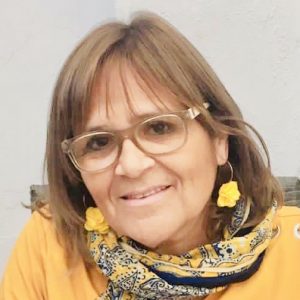



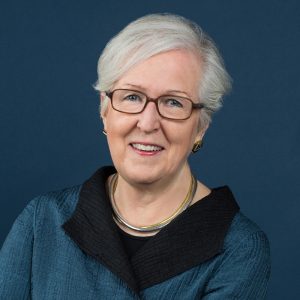


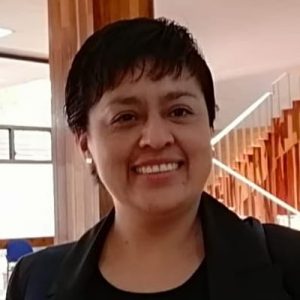

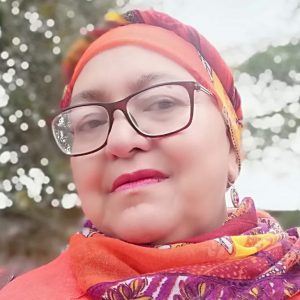
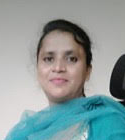
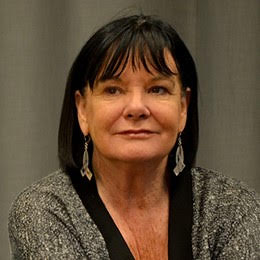
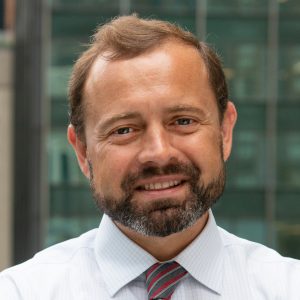


Prior to the pandemic, we were working in jobs without decent income and little-to-no security or rights. Many days, we weren’t able to feed our families. Since March 2020, many of us have experienced significant losses in working hours and income.
After the 2008 economic crisis, the “recovery” plunged working people further into poverty. That can’t happen again. By investing in social programs and promoting collective bargaining now, we can chart a course that creates, not undermines, economic parity: fair incomes and secure livelihoods, targeted economic relief and humane working conditions.
No one should experience sexual harassment and violence at work. But too often, we lack the resources and protections we need to keep us safe, particularly for those of us who identify as female and those who work in the informal economy.
We must have the protections we need to ensure a workplace free of sexual violence that supports survivors. That includes paid leave, union representation, flexible work arrangements and protection for victims of sexual violence, the inclusion of sexual violence in workplace risk assessments and connection to resources and awareness-raising about the effects of sexual harassment and gender-based violence.
During the COVID-19 pandemic, we were the people keeping the economy running –– and the people most exposed to this deadly pandemic.
At the same time, we often lack access to affordable healthcare and we do not have protective equipment or the ability to keep ourselves safe and healthy at work. We need to make sure essential workers have what we need to keep ourselves safe while working hard to keep the world moving.
The legacy of COVID-19 can be a global economy built on a solid foundation, which means that essential workers are paid fairly and have the right to paid leave, either when we are unwell ourselves or have to look after our families. Many essential workers, and virtually all informal economy workers, cannot take time to rest, recover and spend quality time with our families. We are simply calling for fair incomes for the work we do and the value we provide for our communities.
We can — and must — put people before profits. That’s why essential workers around the world are demanding social protections for a just economic recovery that stabilizes and supports essential domestic workers, agricultural workers, street vendors, caregivers and home-based workers.
Let’s come together and listen to one another. We can create sustainable jobs, guarantee rights to all workers, and ensure that essential workers—especially in the poorest countries—are not left behind.